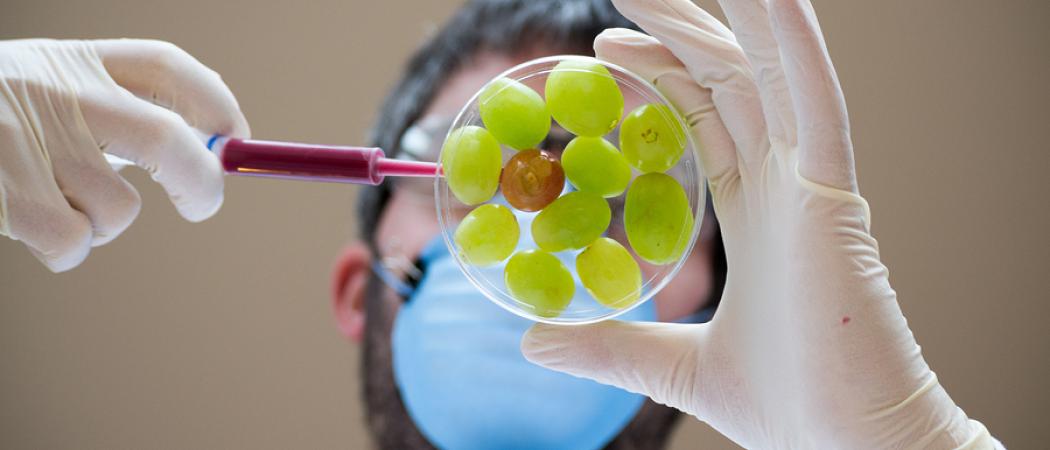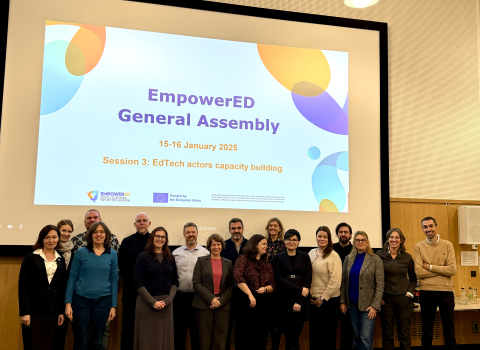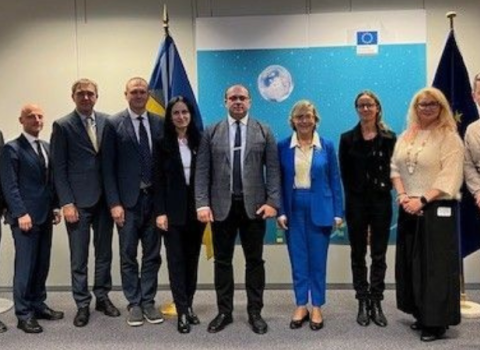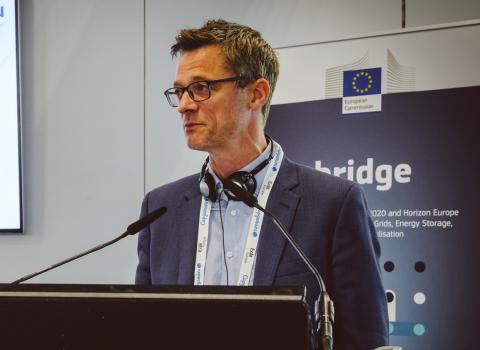Italy’s Paolo De Castro shares his vision of agriculture’s future and how cuts to the EU farm budget would endanger it

Photo: Bigstock
An expected decision by the European Court of Justice (ECJ) to exempt gene editing technologies from the strict laws governing genetically modified organisms in Europe would put scientists on the leading edge of a new global research race, says Italian member of the European Parliament Paolo De Castro.
The court’s opinion, presented last month by the advocate general, could have far-reaching consequences for new breeding techniques, using CRISPR–Cas9, that can remove negative traits from a plant’s genetic code and promote herbicide-resistant traits. The advice is not binding but is usually followed by ECJ judges, who are expected to make a final decision later this year.
“Researchers have been waiting a long time for this, and it’s a very important development for Europe,” De Castro, vice-chair of the Parliament's committee on agriculture and rural development, told Science|Business. “I’m happy; I’ve been saying that we need this decision for a long time.”
Opponents of the technique say that meddling with DNA is potentially perilous. However, because gene-editing does not necessarily involve the transfer of genes between species, as happens in GMOs, the MEP argues that the practice is safe for public health, and good for the environment.
“We don’t want GMOs,” De Castro said. “But this new breeding technique has nothing to do with ‘Frankenstein food’. It’s about accelerating a natural process, and it opens an important window of opportunity for research.”
De Castro gives the example of research in Italy to kill off destructive diseases in grapevines. “It could mean our farmers would reduce their use of pesticides in fields by one million tonnes,” he said.
Such a breakthrough technology depends on continued support from the EU budget, De Castro added.
Farmers in the MEP’s constituency are fighting tooth and claw to maintain €59-billion per year, common agricultural policy (CAP) budget, some 40 percent of the EU budget. Before the next round of budget negotiations, it appears the knife is out for CAP, as Brussels faces a cash crunch after the departure of the UK in 2019.
Budget battle
De Castro acknowledges that it is almost certain that farm funding will get chopped. “We are ready to ask for more money but I’m quite sure the budget will fall,” he said. “If the cut is 5-7 per cent, we can manage that.”
EU leaders have agreed that the overall post-2020 budget should focus more on defence, research and competitiveness, leaving De Castro, a son of farmers and a two-term minister of agriculture, concerned that a totem EU policy will lose out.
“All the transformation we’ve made in 50 years is in large part due to the CAP,” he said. “We needed more food after the war. We’ve had incredible success, going from starving to surplus. If we forget this policy, we forget 10 million farmers.”
Making the CAP fit
At the very least there should be a new round of reform for the flawed CAP model, which pays farmers based on how much land they have, a system that benefits the richest. Around 80 per cent of the money goes to only 20 per cent of farms.
The digital revolution is helping make production in farms more efficient, said De Castro, but he acknowledges that the CAP has not always encouraged innovation. Similarly, rewards under the policy for farmers who protect wildlife habitats, open their land to the public, plant woodlands and safeguard the landscape, have been criticised.
The European Court of Auditors in November found that the programme’s rural development system is plagued by implementation delays. “Greening is a nice idea but we need better results,” De Castro said.
For once, it may not be straightforward to count on France as the bulwark of the pro-CAP camp. Emmanuel Macron has said there should be discussion about reforming the policy “without taboos” – fighting words in a country that is the largest net beneficiary of the EU farm budget.
De Castro finds Macron’s position on farming difficult to decode. “We like him very much, he’s a European, he played Ode to Joy before La Marseillaise when he won the election, but I don’t think he has a good knowledge of common agricultural policy,” De Castro said.




 A unique international forum for public research organisations and companies to connect their external engagement with strategic interests around their R&D system.
A unique international forum for public research organisations and companies to connect their external engagement with strategic interests around their R&D system.